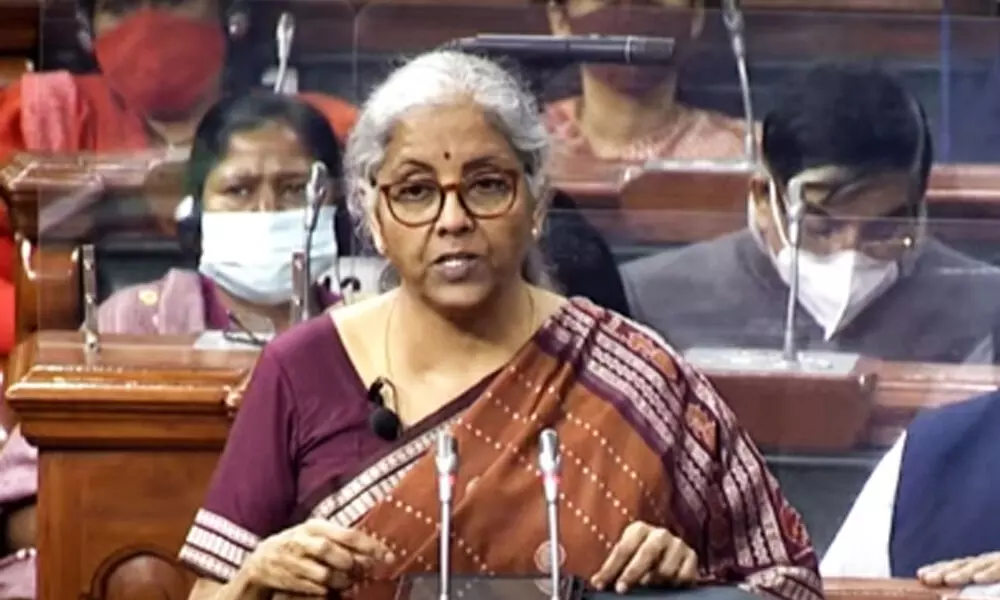Will Budget-2022 help infra, realty sustain growth?
Govt announced an outlay of Rs20,000 cr for building holistic infrastructure under the PM Gati Shakti
image for illustrative purpose

Continuing with its commitment towards boosting economic growth, Finance Minister (FM) Nirmala Sitharaman presented a progressive budget that touched upon aspects that are critical to economic development and wellbeing. The budget laid down four priority areas for the government - PM Gati Shakti; inclusive development; productivity enhancement and investment, sunrise opportunities, energy transition and climate action; and financing of investments.
In line with last year's budget, the focus of the government remained on infrastructure development. Its hallmark was the emphasis on the Gati Shakti master plan which has been aligned with the national infrastructure pipeline and aims to leverage seven engines (including roads, railways, ports, etc.) to enable multi-modal connectivity and holistic development of the economy. An outlay of Rs 20,000 crore for building a holistic infrastructure in India under the Gati Shakti national master plan was announced. This would be further backed up the allocation of Rs one lakh crore to assist the states in supporting investments in the economy. These 50-year interest-free loans would be over and above the normal borrowings allowed to these states and will be used for PM Gati Shakti-related and other productive capital investments of such states.
The real estate sector is further buoyed by the fact that the Special Economic Zones Act would be replaced with a new legislation for the development of enterprise and hubs. It will cover the existing industrial enclaves and enhance the competitiveness of exports. Another long-standing demand – the capping of surcharge on long-term capital gains tax at 15 per cent - has been met too. Another praiseworthy aspect is the grant of infrastructure status to data centres and energy storage systems. This will provide the much-needed push towards ease of financing to the sector. Similarly, the extension of the ECLGS scheme till March 2023, and further addition of Rs 50,000 crore will benefit business growth for MSME – benefiting those in construction, real estate, logistics, and cement manufacturing.
We are also happy with the additional allocation of Rs 48,000 crores for the completion of construction of 80 lakh houses under Pradhan Mantri Awas Yojana in rural and urban areas in the year 2022-23. Another welcome move is the announcement of further initiatives to boost EV infrastructure and EV ecosystem to achieve the country's broader decarbonisation goals. The enhanced focus on urban capacity building, modernization of building by-laws, town planning schemes, and transit-oriented development is another praiseworthy step. Additionally, the proposed establishment of centres of excellence with an outlay of 250 crore for urban sector development and 'One Nation, One Registration' registration initiative to facilitate ease of living and doing business is likely to boost the overall sector.
It is also important to note here that all of these reforms indicate the central government's continued emphasis on reviving sectors impacted by the pandemic. Needless to say, today's budget has provided some hope to infrastructure and real estate industries and will ensure integrated development of both sectors.
(The author is Chairman and CEO (India, South East Asia, Middle East and Africa), CBRE)

